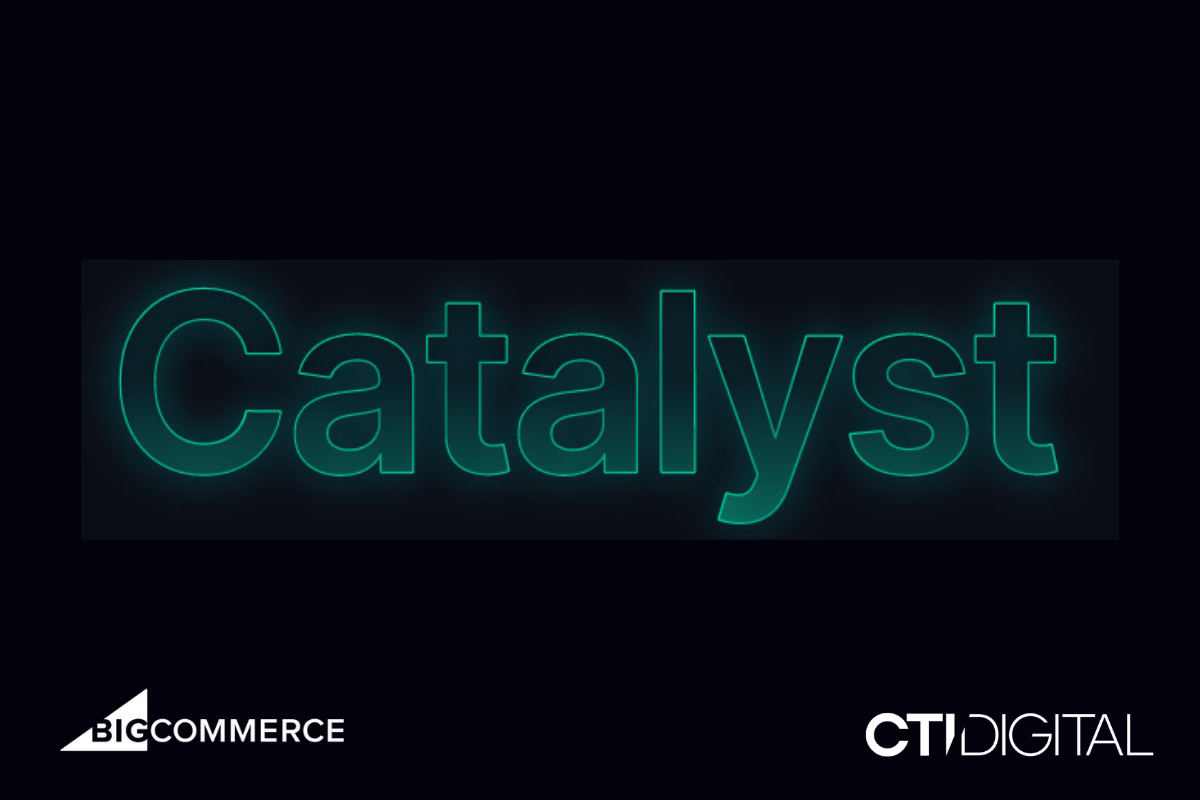Businesses are constantly seeking innovative ways to expand their reach and boost revenue. One strategy that has been steadily gaining prominence is affiliate marketing.
Although we may not always recognise it, affiliate marketing is everywhere. Affiliates help to promote a company's products and services to a new audience, with social media being a key area where affiliate marketing thrives. There are also less involved versions of affiliate marketing whereby affiliates simply create their own pay-per-click (PPC) ads.
With the affiliate marketing industry already worth $17 billion and set to grow to $40 billion by 2030, it’s hard to ignore the growing powerhouse as more companies opt to promote their products and services this way.
If you're looking to join the 84% of businesses that already use affiliate marketing programs, then you first need to have a full understanding of what affiliate marketing is. Below, we’ve discussed the ins and outs of affiliate marketing, its growing significance, and how it might be the key to unlocking your business's untapped potential online. Whether you're a seasoned entrepreneur or just embarking on your journey, this guide will help you determine if affiliate marketing is the right fit for your goals and objectives.
What is Affiliate Marketing?
In a nutshell, affiliate marketing is a form of advertising whereby companies have their products or services promoted by a third party (the ‘affiliate’). The company benefits from being exposed to new audiences that can be converted into potential customers, and the affiliate benefits with a small commission from each sale.
How Does Affiliate Marketing Work?
By combining the skills of multiple people, affiliate marketing makes for a comprehensive marketing strategy. As the product/service owner, you own the brand and don’t have to be involved in the marketing itself, depending on what suits you and the organisation.
The affiliate can be an individual or a company; they are the one who promotes your product to an audience and encourages them to make the purchase. Once a customer has purchased the product through the affiliate link, the affiliate will receive a portion of the revenue for their role in advertising the product.
Consumers can be marketed to through various channels, including social media, email, blogs and websites. It is crucial that the consumer knows that the person promoting the product is doing so through affiliate marketing, and they will receive a commission. This allows the consumer to understand that the affiliate has some form of relationship with the company, allowing them to decide whether they would like to go ahead with the purchase.
How to Get Started with Affiliate Marketing?
There are several types of affiliate marketing to consider:
Unattached Affiliate Marketing
Arguably, unattached affiliate marketing requires the least commitment from the third-party marketer. Even though they promote these products or services, they will have no known interest, association, expertise or skills with the product and can not make claims about its use.
Therefore, a standard method for promoting products with which the affiliate has no interest is PPC (Pay-per-click) ads. Allowing the marketer to leave the consumer to decide on their own if the product is appropriate for their needs; this method is best for those looking to generate a passive income with no real investment into the products or customers.
Related Affiliate Marketing
Related affiliate marketing is categorised by those who promote a product or service likely to appeal to their audience. They will not have used the product and, therefore, can not make claims about its use, but they can promote it to their audience, who are likely to be interested in it. The people who usually market these products have some form of influence and authority over their audience, making them a trusted source.
A good example of this kind of affiliate marketing is a beauty influencer promoting a makeup brand they have never purchased anything from. Related affiliate marketing is beneficial as the affiliate already has the audience and trust. However, this can all be ruined if the affiliate recommends a bad product, thereby losing this trust.
Involved Affiliate Marketing
As the name states, this is the most ‘involved’ out of all the types of affiliate marketing. The affiliate has a deep understanding of the product or service and believes that it will benefit their audience and uses/has used it themselves. Therefore, they can comment on their experience of the product in their marketing promotions to encourage their audience to purchase it.
Involved affiliate marketing consists of the most work for the affiliate as they need to take the time and effort to build up their audience and become a reliable source. However, once they’ve established this, they will likely reap more rewards than if they took part in unrelated or related marketing. Of course, there is always the risk with this kind of affiliate marketing that consumers are dissatisfied with the product or service promoted and, in turn, lose trust in the affiliate to provide high-quality recommendations in the future.

Trends and Predictions on Affiliate Marketing
If you're considering integrating affiliate marketing into your business strategy, it's crucial to familiarise yourself with any upcoming trends and predictions. This knowledge will be invaluable as you embark on your affiliate marketing journey, enabling you to adapt your approach effectively.
Influencers Remain a Vital Source of Affiliate Marketers
Brands already using affiliate marketing are no strangers to working with influencers. This task is becoming easier as influencers are becoming increasingly more switched on, making affiliate engagements easier to steer and measure. The substantial growth that companies experience from the influencer’s reach to an untapped audience will continue to be a massive draw for companies, keeping influencer-affiliate relationships robust.
AI (Artificial Intelligence) will Play its Part
In all aspects of life, AI is a booming topic of conversion. The implications of AI in affiliate marketing are already beginning to show with the technology adding to the success of campaigns with increased efficiency, improved decision-making, an enhanced customer experience, advanced accuracy and cost savings.
Amplify Brand Personality
As consumers continue to move away from traditional advertising, it is essential that, in the future, brands use affiliate marketing to promote their personality. What are your values and mission as a brand? Consumers are increasingly more interested in knowing a brand before purchasing from them. When using affiliate marketing, you have an ‘outsider’ commenting on your brand and promoting your company, creating outside validation of who you are as a company.
A World Without Cookies
With the phasing out of third-party cookies, affiliate marketers must navigate the uncertain future by looking to find other ways to broaden their audience without the ability to monitor user behaviour with cookies to ensure a successful affiliate marketing program.

Is Affiliate Marketing Worth It for My Business?
As with any business strategy, affiliate marketing comes with its own set of pros and cons. The ultimate decision rests in your hands as you carefully evaluate whether the benefits outweigh the drawbacks when considering the incorporation of affiliate marketing into your marketing approach.
Pros
Starting with the pros, affiliate marketing proves to be a cost-effective advertising solution, as the affiliate assumes the financial responsibility for promoting your products. Furthermore, this approach offers the convenience of outsourcing the creative aspects, as affiliates take charge of content production, making it a valuable option for those who may face creative challenges.
As a business, you will also benefit from a high return on investment (ROI) as you will only have to pay the affiliate if a sale is generated through their link.
You can be in control as much or as little as you desire, as you are the one who sets the terms. For example, you can set out rules on how you want the content to look before choosing an affiliate to fulfil these requirements, or you can leave the creative to the affiliate to decide on their own. Looking at other affiliate programs, most have strict terms and conditions for generating leads. It’s also worth knowing that there are banned methods, which include installing spyware or adware that redirects search queries to an affiliate page.
Cons
If you’re looking to create a worthwhile affiliate marketing plan, it will require much diligence and planning. The terms and conditions must be thoroughly laid out to make your wishes clear. This is especially true if the contract pays for traffic rather than sales.
There is also the possibility of fraud in affiliate marketing, so you would have to monitor to prevent such occurrences continually. Affiliates who are dishonest can register domain names with spelling errors (for example, ‘Google.com’ is spelt as ‘Goggle.com’) and use the misspelt domain name to redirect customers to their affiliate links. Affiliates can also use false or stolen information to fill out online registration forms to conceal their identities and true intentions. As well as this, they can purchase search terms that your company ranks highly for to appear above you in search results, earning themselves more commission as people click their link rather than heading directly to your website.
So, Is Affiliate Marketing the Right Strategy for You?
Moving forward with a broadened understanding of affiliate marketing, you can begin to take the time to make an informed decision on whether this strategy is suitable for you and your business.
Trends and predictions highlight the dominance of influence, the future leverage of implementing AI for successful campaigns, the shift to promoting your brand’s personality through affiliate marketing and the new age of operating without cookies.
Weighing up both the pros and cons, we can confidently say that affiliate marketing is a cost-effective tool with high ROI. It can be useful for those looking to outsource creativity to promote their products. However, vigilance is necessary to prevent fraud, monitor contract terms and ensure affiliates act ethically.
Ultimately, embracing affiliate marketing is down to you and your company’s needs. If you believe you are suited to affiliate marketing, then it is essential that you are willing to be meticulous and plan thoughtfully your next steps for your efforts to be successful.
If you're new to the world of affiliate marketing or require assistance in enhancing your existing affiliate marketing strategy, consider exploring our digital marketing services to get you underway.







